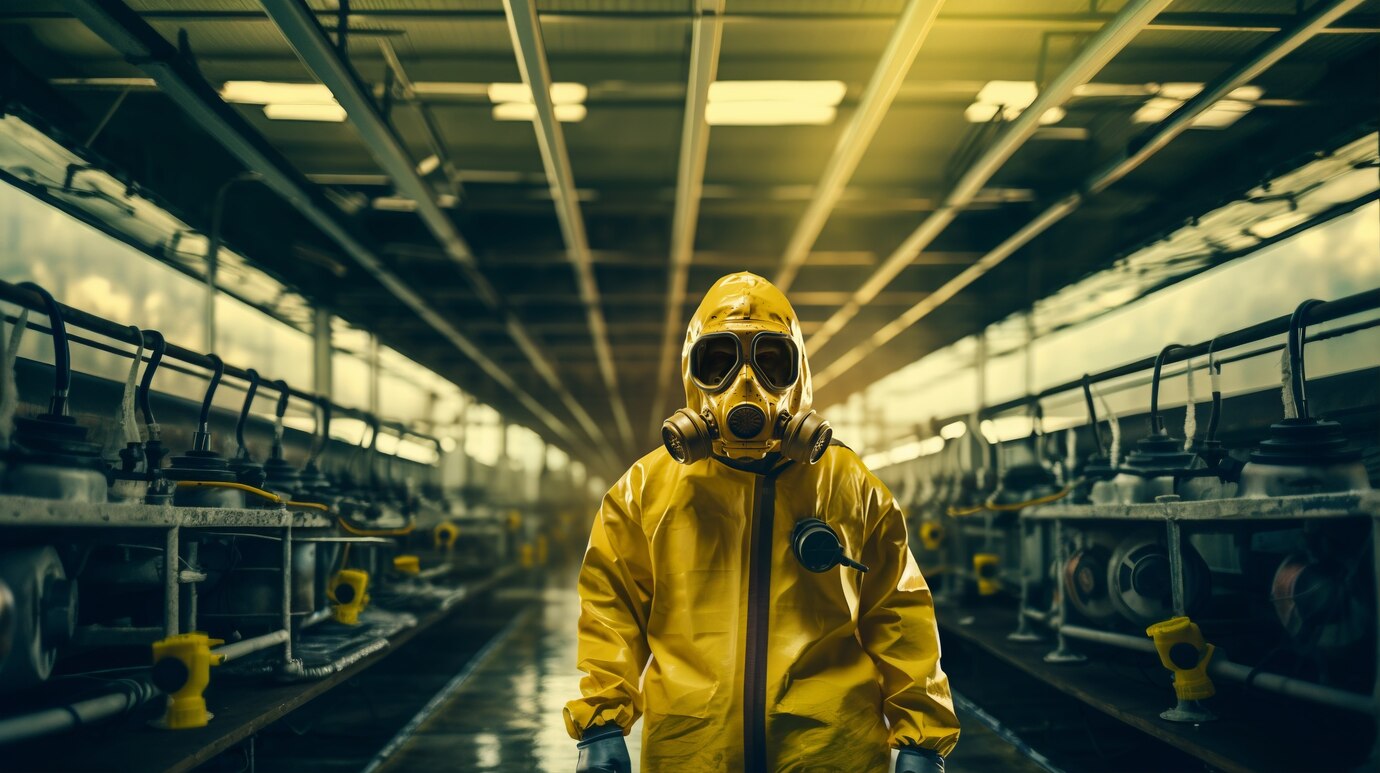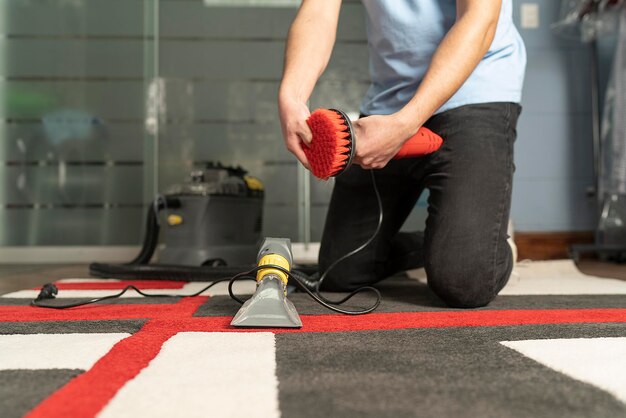
8 Industrial Cleaning Tips For A Safer Workplace
8 Industrial Cleaning Tips For A Safer Workplace
Maintaining a clean and organized workplace is essential for ensuring the safety and well-being of employees in industrial settings. From manufacturing facilities to warehouses, industrial environments pose unique challenges when it comes to cleanliness and hygiene. In this blog post, we'll explore eight industrial cleaning tips to promote a safer workplace and enhance productivity.
- Develop a Cleaning Schedule: Establishing a regular cleaning schedule is the foundation of maintaining a safe and hygienic workplace. Identify high-traffic areas, machinery, equipment, and surfaces that require frequent cleaning and disinfection. Assign specific tasks to employees or designate a cleaning crew to ensure consistency and thoroughness.
- Use Appropriate Cleaning Equipment: Industrial environments often require specialized cleaning equipment and tools to effectively remove dirt, grease, and debris. Invest in industrial-grade vacuum cleaners, floor scrubbers, pressure washers, and cleaning solutions tailored to the specific needs of your facility. Ensure that employees receive proper training on the use of cleaning equipment to maximize efficiency and safety.
- Prioritize Spill Cleanup: Spills of hazardous materials, chemicals, or liquids pose significant safety risks in industrial settings. Implement procedures for prompt spill cleanup, including containing the spill, using appropriate absorbent materials, and disposing of waste safely. Train employees on spill response protocols and provide access to spill kits in strategic locations throughout the facility.
- Focus on Floor Safety: Slips, trips, and falls are leading causes of workplace injuries in industrial settings. Keep floors clean, dry, and free of debris by sweeping, mopping, and using absorbent mats as needed. Repair damaged flooring promptly and mark hazardous areas or obstacles with signage to alert employees and visitors.
- Clean and Inspect Machinery Regularly: Machinery and equipment are prone to accumulation of dust, grease, and contaminants, which can compromise performance and safety. Develop a maintenance schedule to clean and inspect machinery regularly, paying particular attention to moving parts, electrical components, and ventilation systems. Remove built-up debris and lubricate moving parts as recommended by manufacturers.
- Promote Personal Hygiene: Personal hygiene practices are critical for preventing the spread of illness and infection in industrial workplaces. Encourage employees to wash their hands frequently, especially before and after handling equipment, eating, or using restroom facilities. Provide access to hand sanitizer, soap, and disposable wipes for convenient hygiene maintenance.
- Implement Waste Management Protocols: Proper waste management is essential for minimizing environmental impact and maintaining a clean workplace. Implement waste segregation practices to separate recyclable materials, hazardous waste, and general waste streams. Provide clearly labeled bins and containers for waste disposal and ensure that employees follow established protocols for waste handling and disposal.
- Regularly Inspect and Maintain Facilities: Conduct routine inspections of facilities, including storage areas, break rooms, restrooms, and common areas, to identify areas in need of cleaning or repair. Address issues such as leaks, mold growth, pest infestations, and structural damage promptly to prevent further deterioration and maintain a safe and healthy work environment.
By implementing these industrial cleaning tips, businesses can create a safer workplace environment for employees, reduce the risk of accidents and injuries, and enhance overall productivity and morale. Prioritize cleanliness and hygiene as integral components of workplace safety, and empower employees to take an active role in maintaining a clean and healthy environment.









